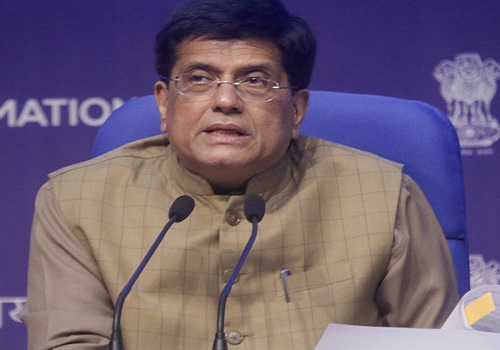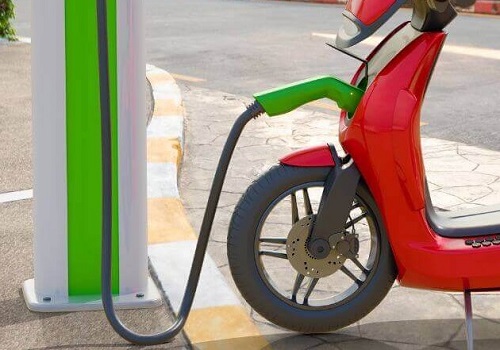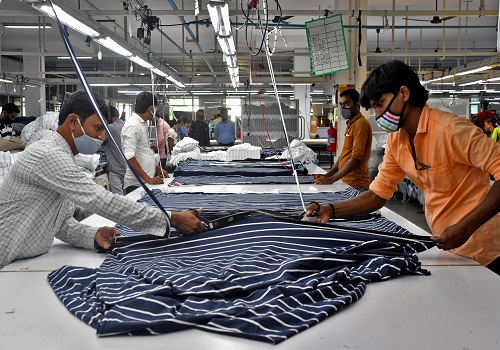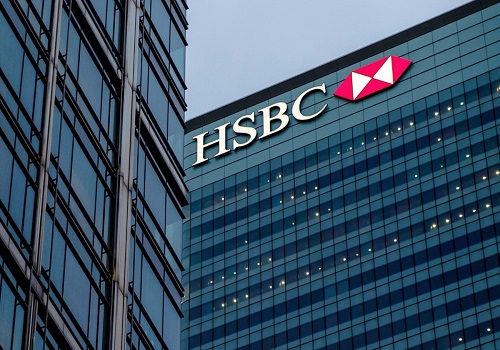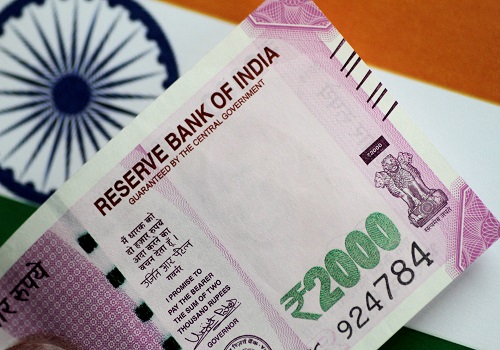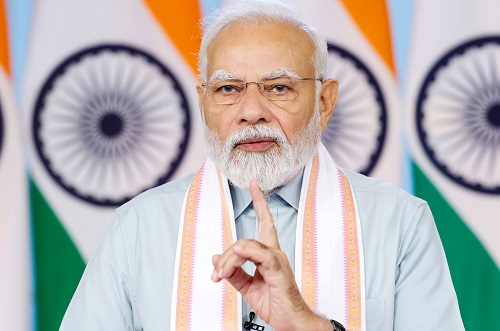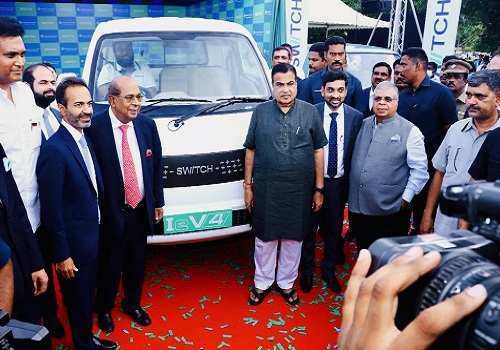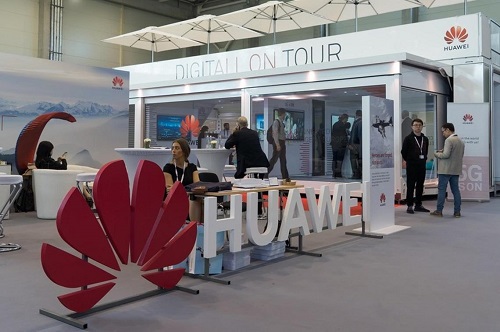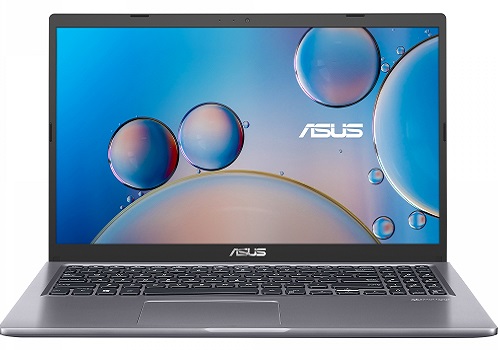Mi 11 Ultra creates ripples in fierce India premium market
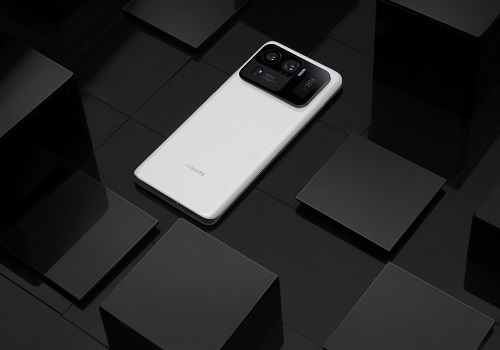
Follow us Now on Telegram ! Get daily 10 - 12 important updates on Business, Finance and Investment. Join our Telegram Channel
With Mi 11 Ultra 5G, Mi India which is a subsidiary of consumer electronics conglomerate Xiaomi, has entered a territory dominated by the likes of Apple, Samsung and OnePlus in the country.
After launching Mi 10 5G with an 108MP camera last year starting from Rs 49,999, the company has expanded its portfolio in a super-competitive India premium smartphone market.
No doubt that there is a strong buzz around this ‘SuperPhone' in the country, which is aligned with the global markets as it houses some top-of-the-line specifications along with a couple of world's firsts.
The real question appears now: Will it stand tall among the behemoths out there, and will the Indian flagship users who are in the Apple and Samsung ecosystems spend Rs 69,900 for Mi 11 Ultra 5G?
Nurturing global ambitions (Xiaomi is now the world's third largest smartphone player by shipments), the company is on the path to have a presence across price portfolios and cater to a bigger audience.
Will Mi 11 Ultra (in Cosmic White, 12GB+256GB) be able to do so? Let us dig deeper.
The flagship offers several firsts on the camera front, like triple pro-grade primary camera setup (50MP+48MP+48MP), custom made GN2 camera sensor, Dual Pixel Pro technology and more, putting a DSLR in your pocket.
The 50MP Truepixel Custom GN2 Sensor is the world's largest camera sensor ever put on a smartphone - spanning 1/1.12-inch in size and co-developed with Samsung ISOCELL division.
It comes with the large TruePixel of 1.4µm size. Making use of pixel binning technology, it can also create a larger super pixel of 2.8µm.
The images taken in nearly all light conditions came good thanks to the unique combination of large sensor with large pixel that offers crisp and detailed images in daytime and night as well.
The Superphone gives users the ability to shoot incredible quality images and videos over a wider focal length range -- from 12mm to 120mm.
The ‘Dual Pixel Pro' technology allows much faster auto focus - both horizontally, as well as vertically.
According to the company, Mi 11 Ultra is also the first Mi smartphone to adopt a multi-point direct Time-of-Flight laser focus system, allowing for a faster and more accurate focus system.
While the triple primary camera setup brings the ability to shoot in 8K across lenses, it also allows to shoot ‘Night Mode' content across lenses.
Beyond an excellent camera set-up, the device has some solid internals too.
Mi 11 Ultra is powered by the flagship Qualcomm Snapdragon 888 mobile chip. The performance is further boosted with an advanced heat-dissipation structure, a new three-phase cooling technology developed by Xiaomi.
According to the company, Mi 11 Ultra can run at peak power for long stretches of time, owing to the new cooling system and new GameTurbo 4.0 feature.
The device offers 67W wired and wireless turbocharging with a 5,000mAh battery.
It took us nearly 40 minutes to get it fully charged.
Mi 11 Ultra also supports 10W wireless reverse charge and 5W Reverse wired charge.
The device offers legacy sound from Harman Kardon which is a delight if you are streaming movies or playing top-end games. The smartphone also supports Dolby Vision and HDR10+ technology.
The device offers a quad curved 6.81-inch panel with ceramic back that feels premium and ergonomic in hand. It is, however, bulky and heavy when compared to rivals in the premium category.
The device comes with 480Hz touch response rate for ultra-smooth visuals, reproduces more than 1 billion colours and creates transitions between hues.
The phone is protected by Corning Gorilla Glass ‘Victus; which is touted as the most advanced protection on a smartphone yet.
Mi 11 Ultra also offers a secondary 1.1-inch AMOLED touch display on the back that works as an always-on display to show time, date and notifications.
Conclusion: Mi 11 Ultra offers everything that a premium smartphone should, with some industry-leading internals especially on the camera front.
The real challenge will now be to create a space among the current leaders like Apple, Samsung and OnePlus.


.jpg)
